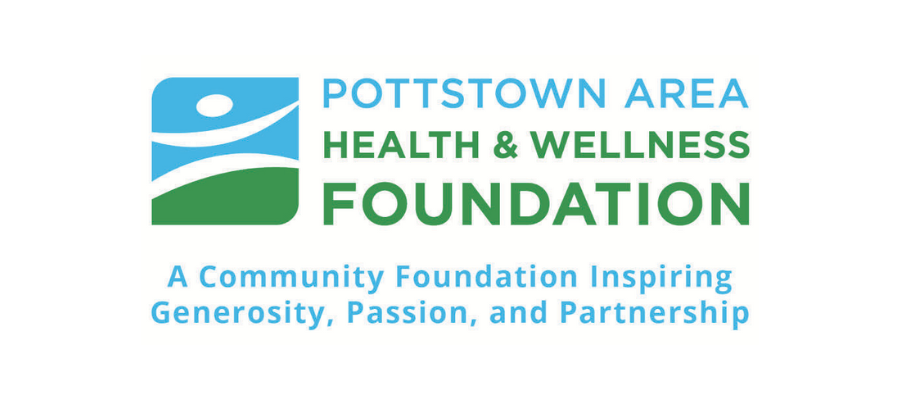Education Inequality & Its Long-term Impact

Pottstown School District remains victim to State underfunding, with the inequity reaching into the $13-millions. Following Pennsylvania’s state-wide trend, racially diverse schools receive less than their fair share. This negligence has a lasting impact on both the individual and the community at large.
Studies published in The Lancet Public Health journal emphasize the fundamental link between education quality and life expectancy, healthy lifestyle, and occupation. A strong educational background helps determine employment opportunities and income possibilities. It increases the likelihood of healthy outcomes for individuals and communities. Read more about the fair funding movement and how it can improve education in Pottstown and across the Commonwealth.
Educational Jeopardy
Fiscally challenged schools do not simply lack the latest release of computerware or snack machines. Rather, there is an absence of school essentials and building repairs, a deficiency that higher-end, less-diverse school districts would deem requirements. Extreme underfunding has resulted in cuts to Pottstown School District programming that place our children in educational, social, and physical jeopardy.
Pottstown has the lowest paid teachers and administrators in Montgomery County, with no budget for professional advancement activities. Academic facilities, educational materials, and equipment are extremely dated in a world where knowledge evolves in real-time. Transportation is practically nonexistent, adding challenges for working parents (some with multiple jobs) just to get children to school.
Perpetuating the Problem
In addition to lacking curriculum, significant staff are not available, including counselors, nurses, and librarians. The latter two are shared between schools. Hopefully, kids only get sick, injured, or bullied on days when the school nurse or counselor is scheduled at their building! Athletics and other extracurriculars are limited due to strained budgets.
Students already challenged by special education needs, financial stress, food insecurity, and homelessness are impacted the worst. With at least 70 percent of our district students living in poverty—150 of which are homeless—this inequality has grave consequences. The high rate of special education students in Pottstown places even further demands on the meager education funds.
Beyond academics, schools have the ability to impact young people’s long-term health and well-being. Schools should cultivate a sense of security and self-worth that builds confidence and emotional resiliency to combat life’s challenges. As an environment safe from poverty and abuse, they can provide emotional support and outlets for stress through physical exercise and socialization.
Pottstown students need more care and intervention from their school community, not less. Yet, Pennsylvania ranks at the bottom of all 50 states for funding discrepancies between high- and low-poverty school districts.
A Solid Start
Through our PEAK (Pottstown Early Action for Kindergarten Readiness) program, Pottstown’s youngest have the benefit of a pre-kindergarten learning experience. Families should take advantage of this early education opportunity. First-time students can prepare for kindergarten in a nurturing environment with the support needed to thrive. PEAK cultivates a network of organizations that partner with families to ensure educational and social equity. Visit PEAK on Facebook to learn more and meet friends.
Vicious Cycle
State funding inequities pass the financial burden of supporting school districts to local residents. Usually, this results in higher property taxes for poorer residents who already are struggling. Often, the discrepancy cannot be bridged. The result: Inadequate opportunities for our children and their future. They become adults limited by the same system of inequity and inequality in which they were raised.
Scholastic endeavors and achievements have a multidimensional impact on the health outcomes and economic achievement of our future generations. Fair education funding—blind to race and insightful of economic need—is the answer to a stronger, healthier community now and in the future. Learn more about the fair funding movement and stand with community members working to make a difference in the fight for fair funding, for academic success, and a healthier future.
